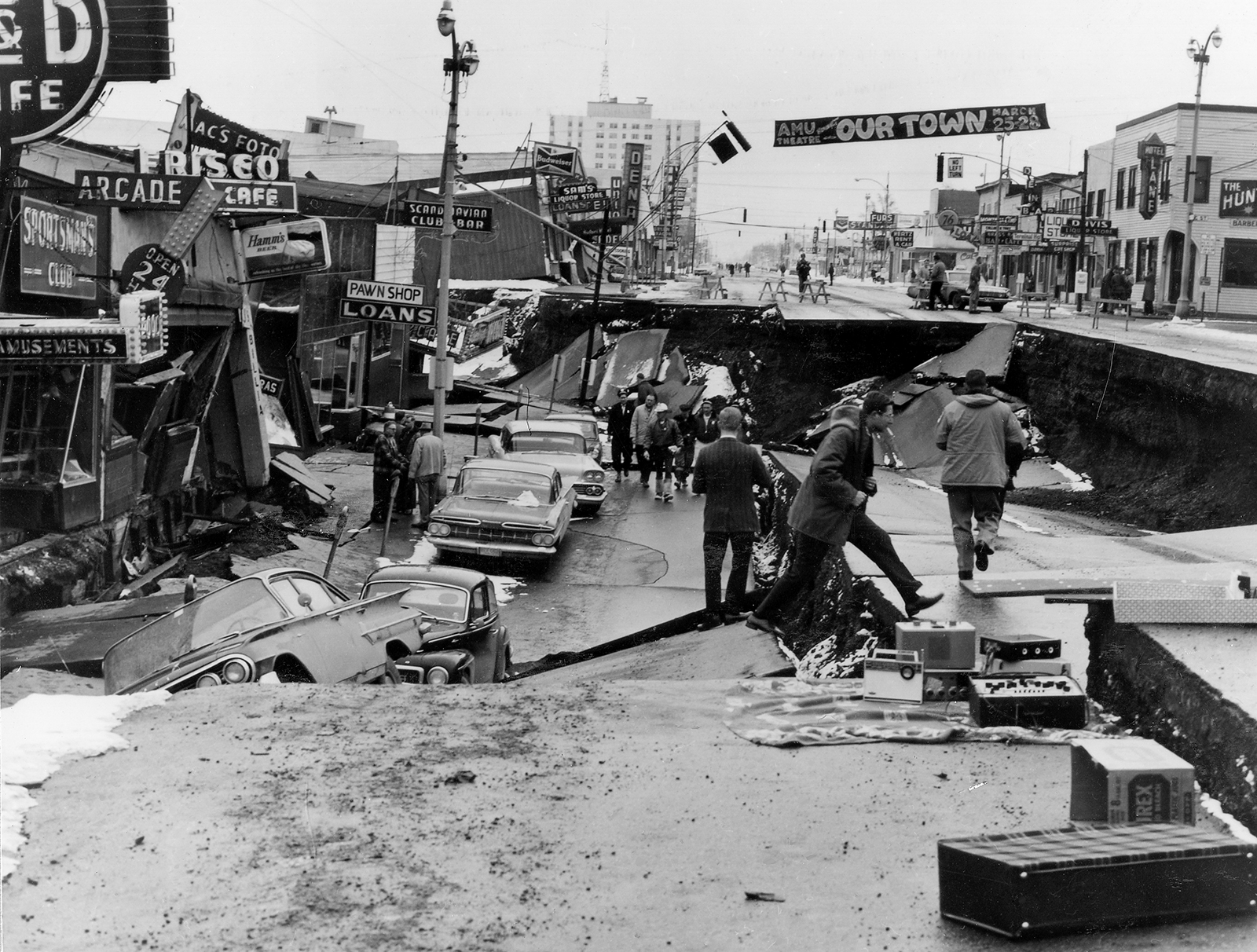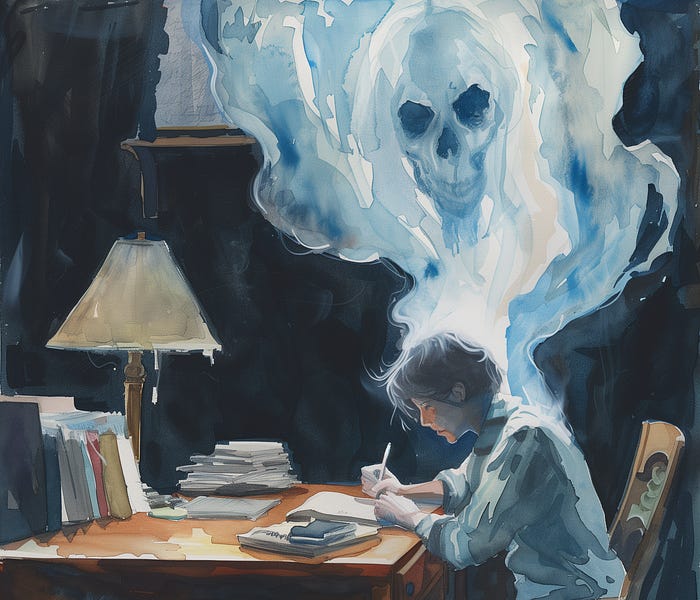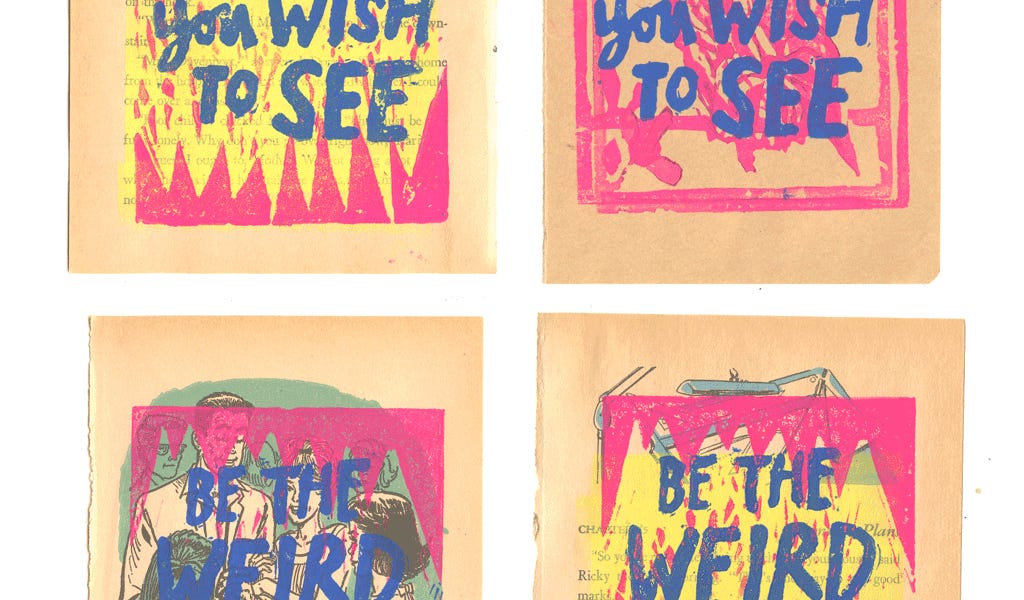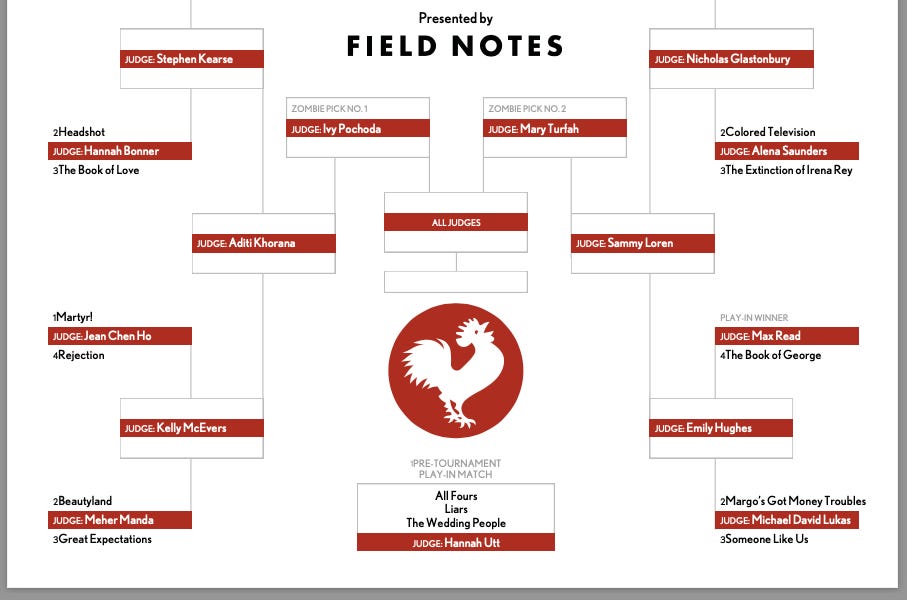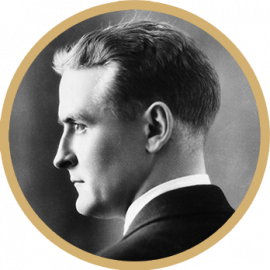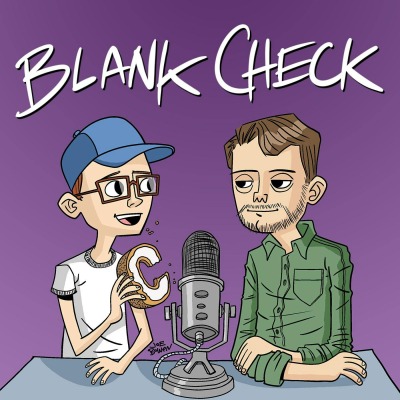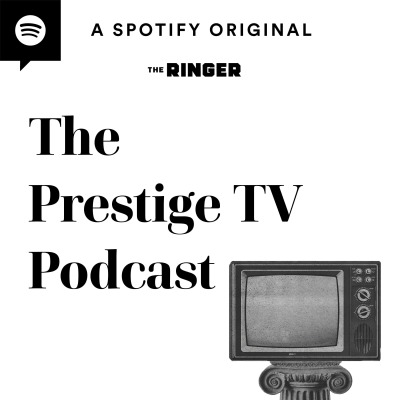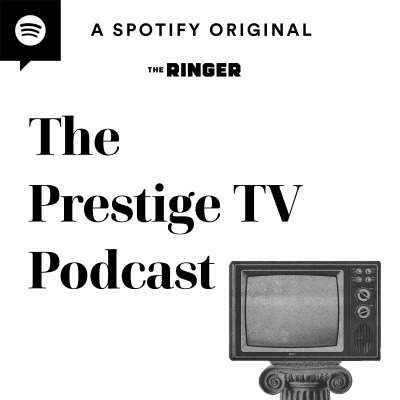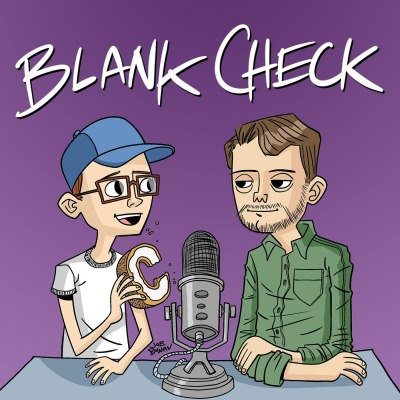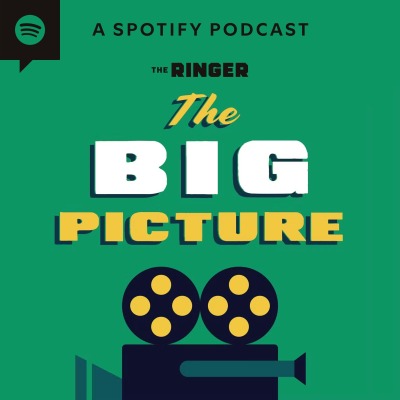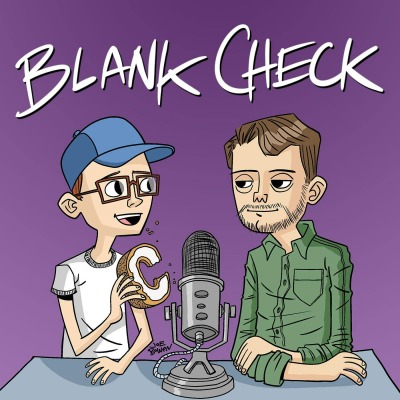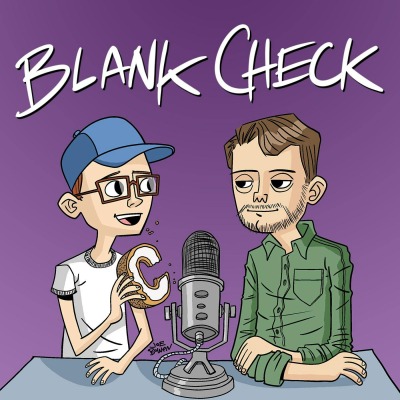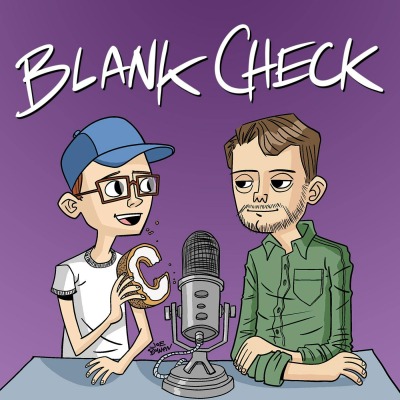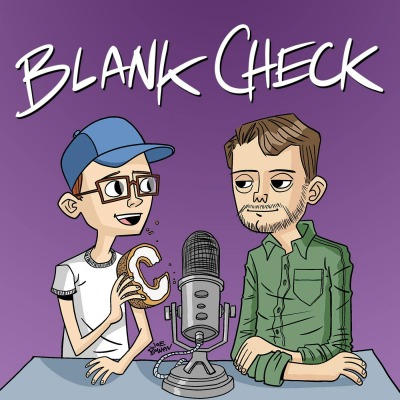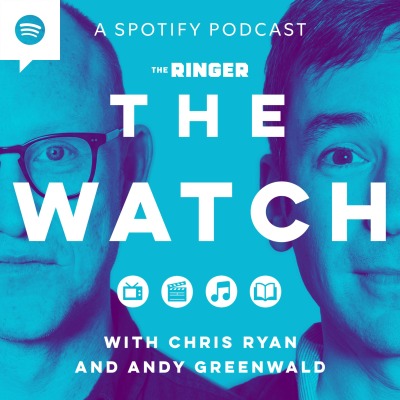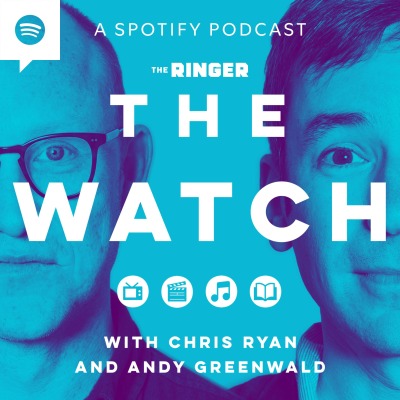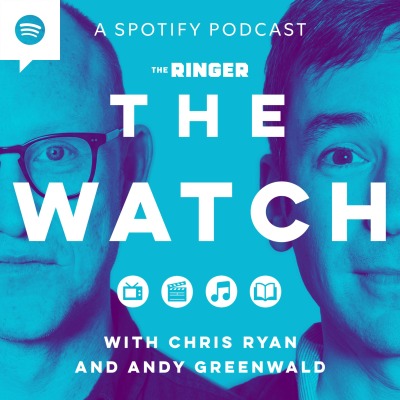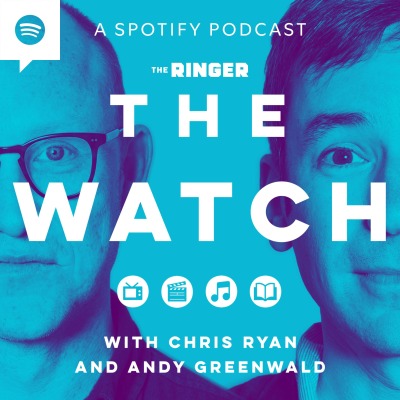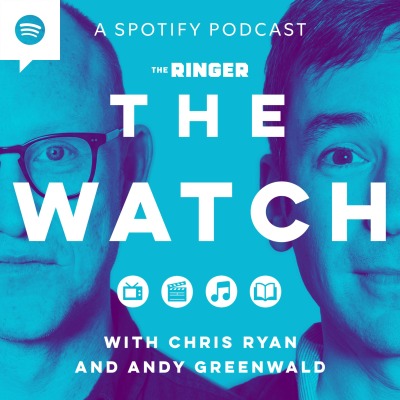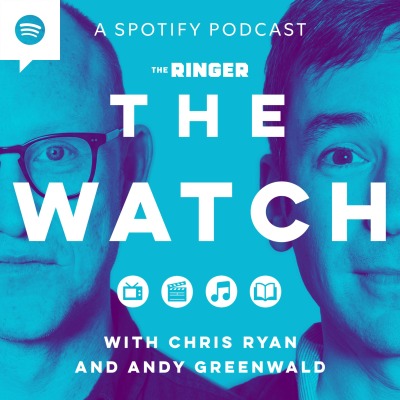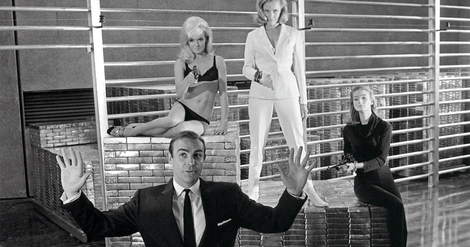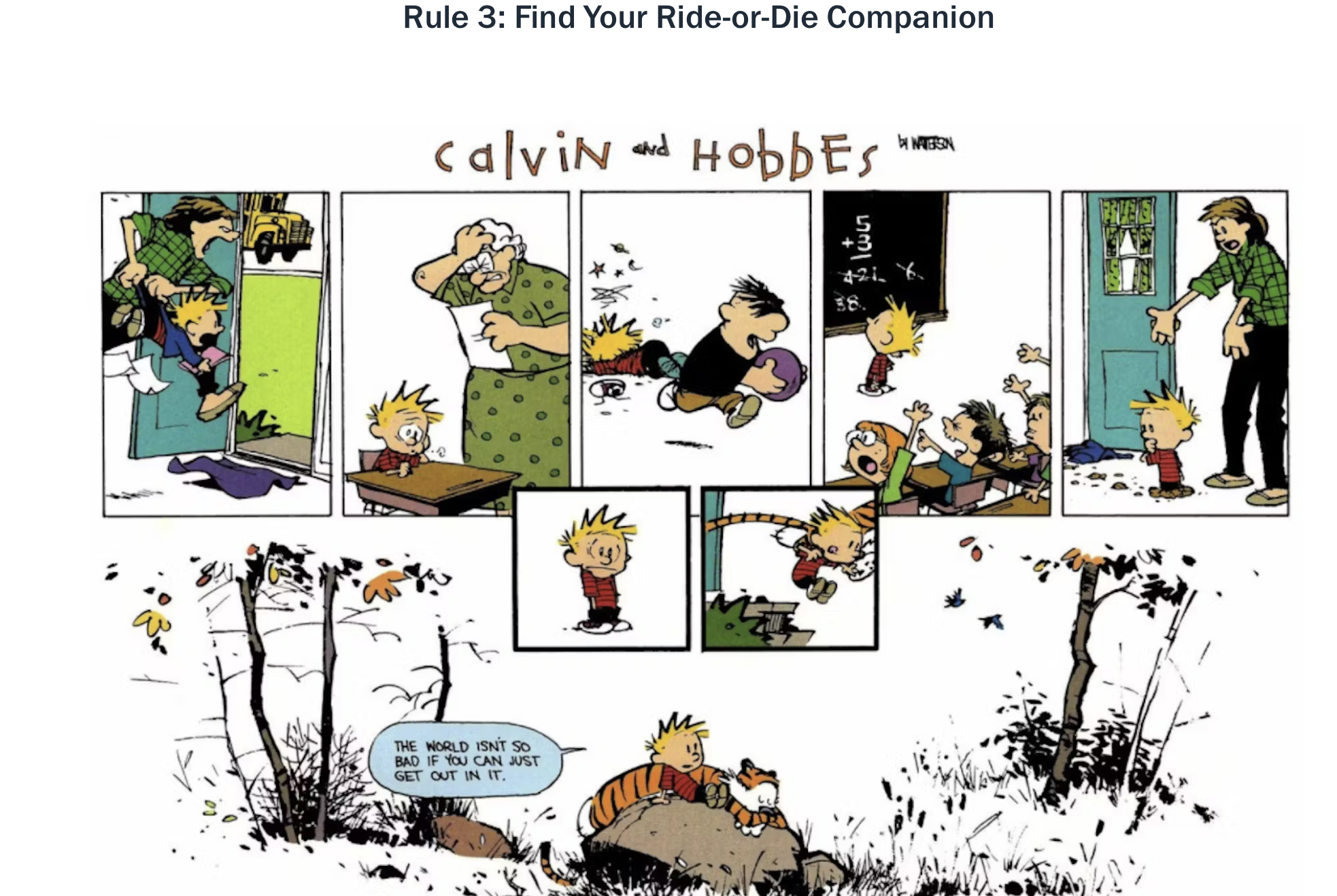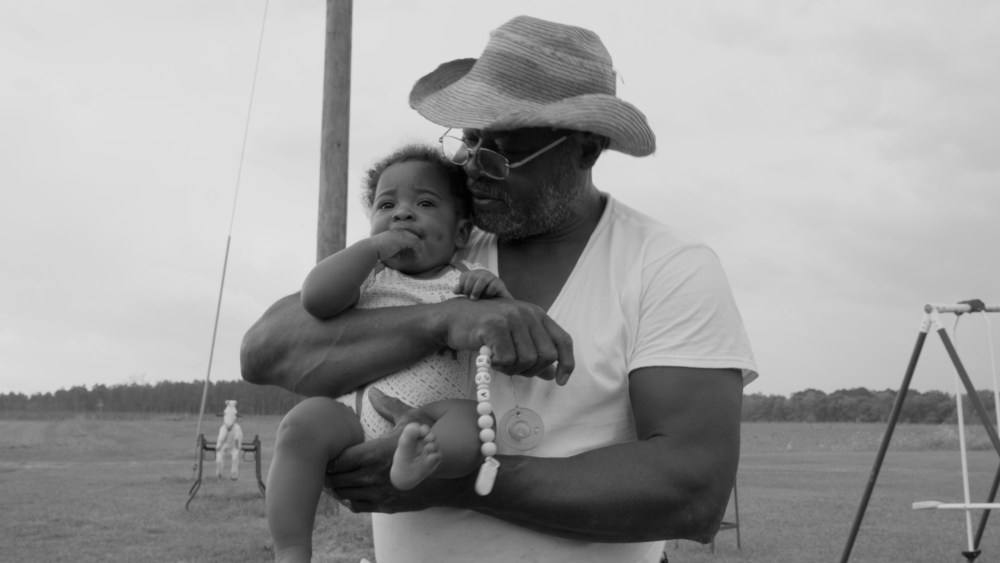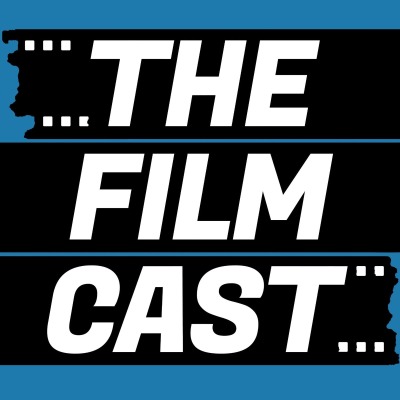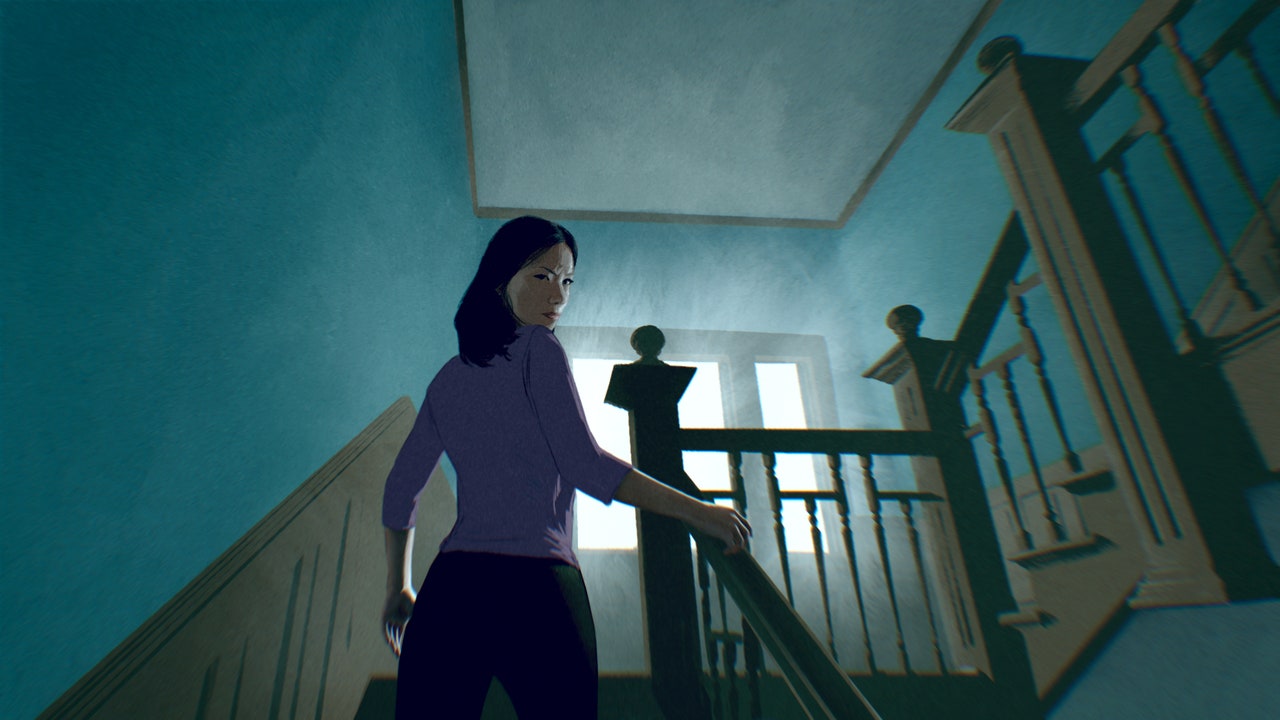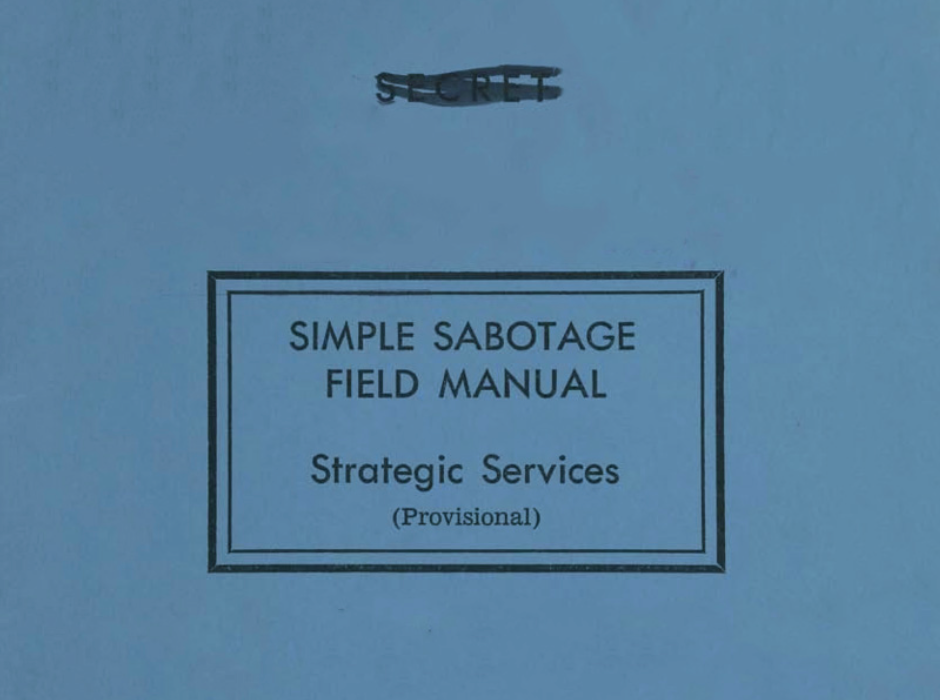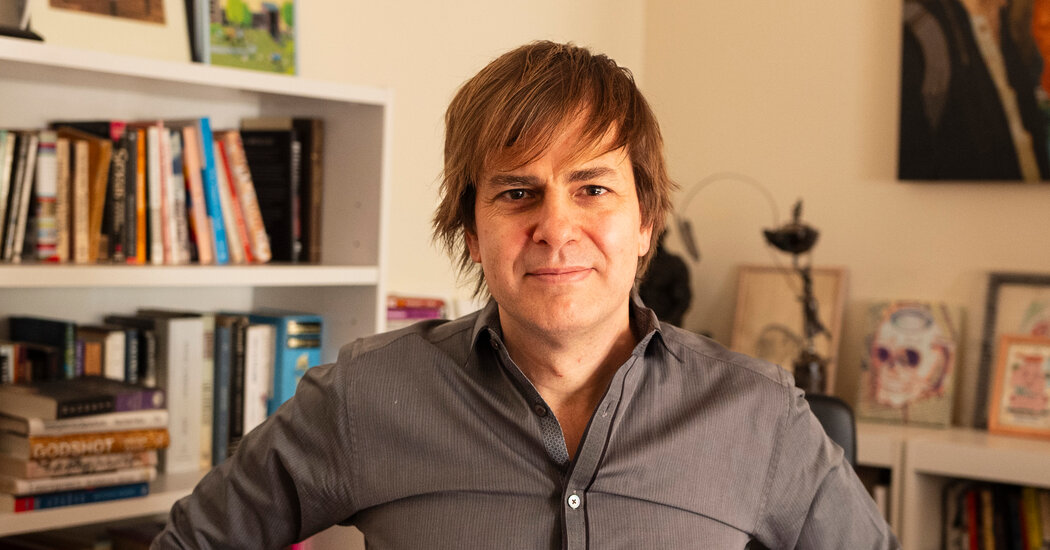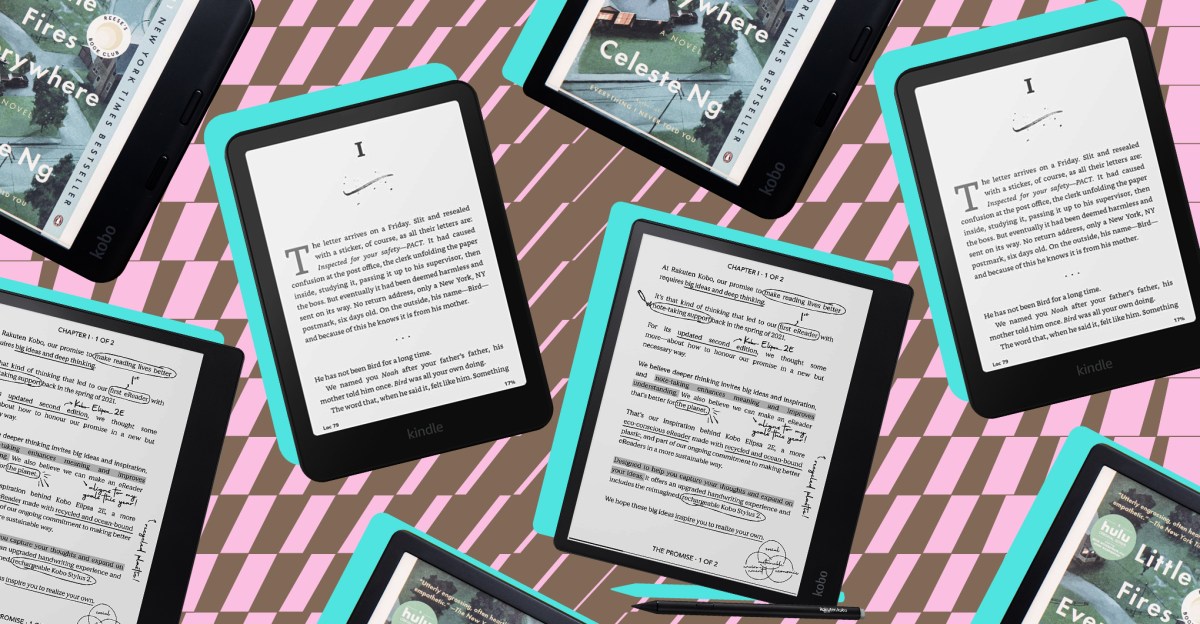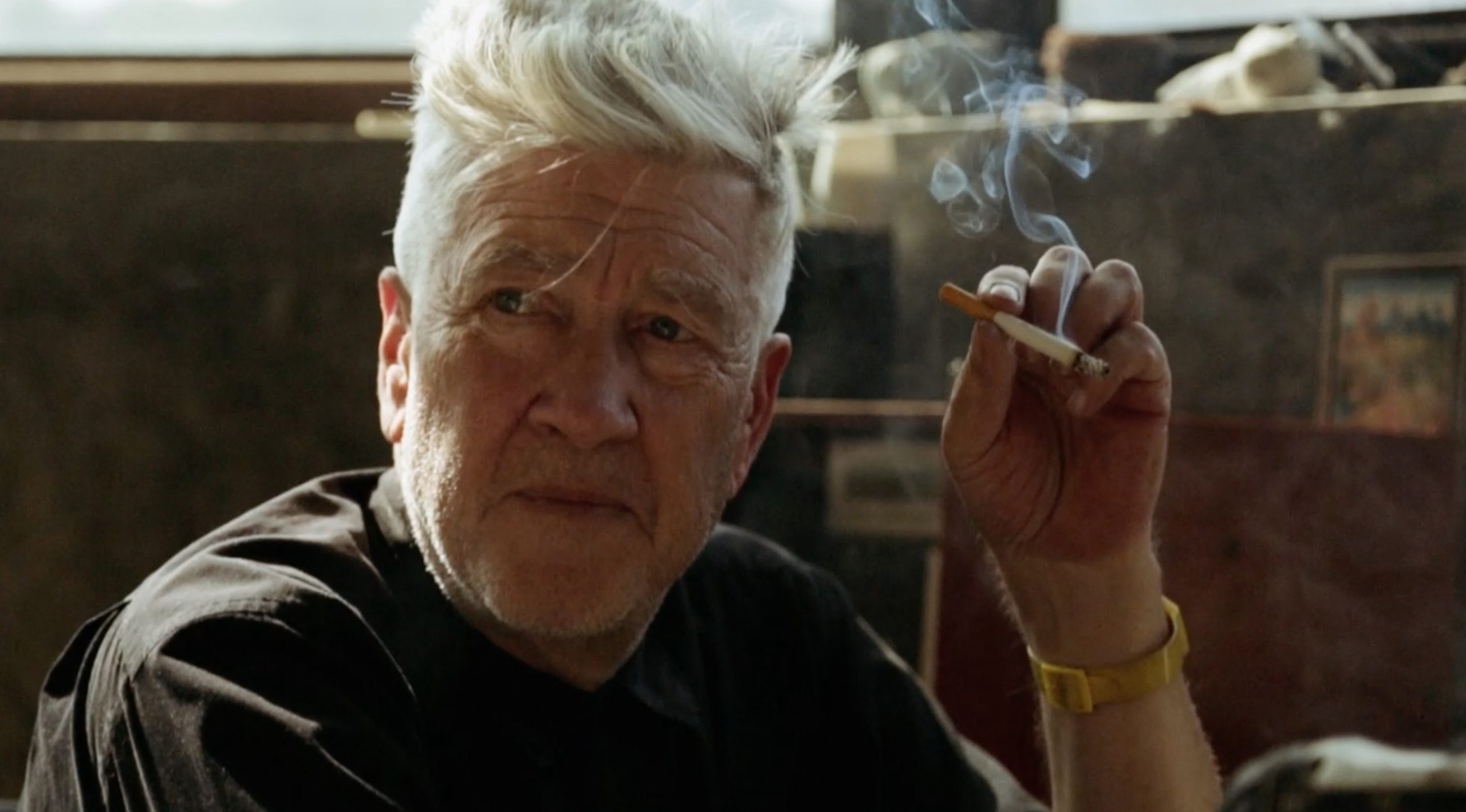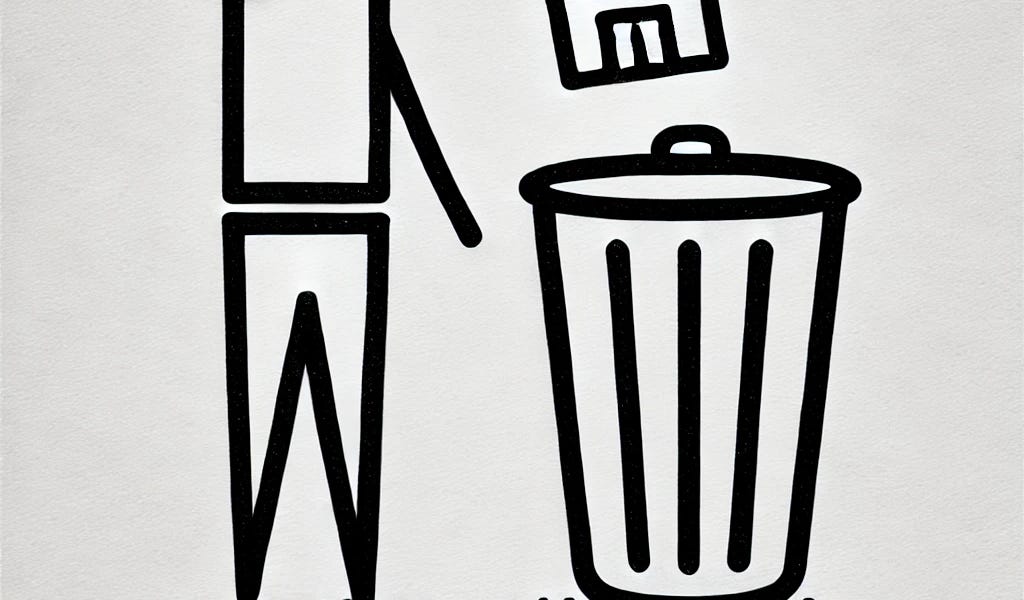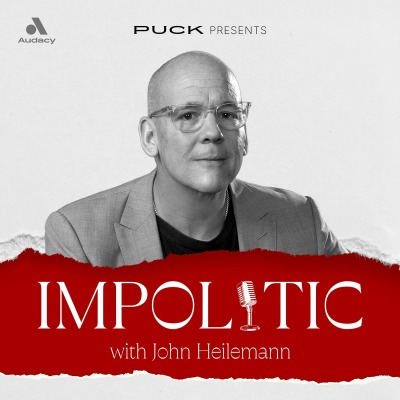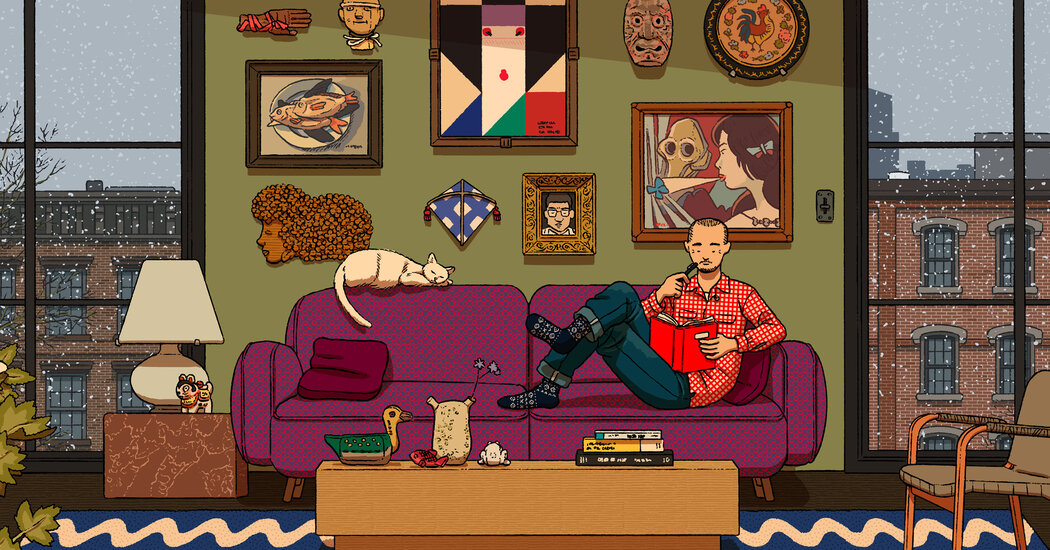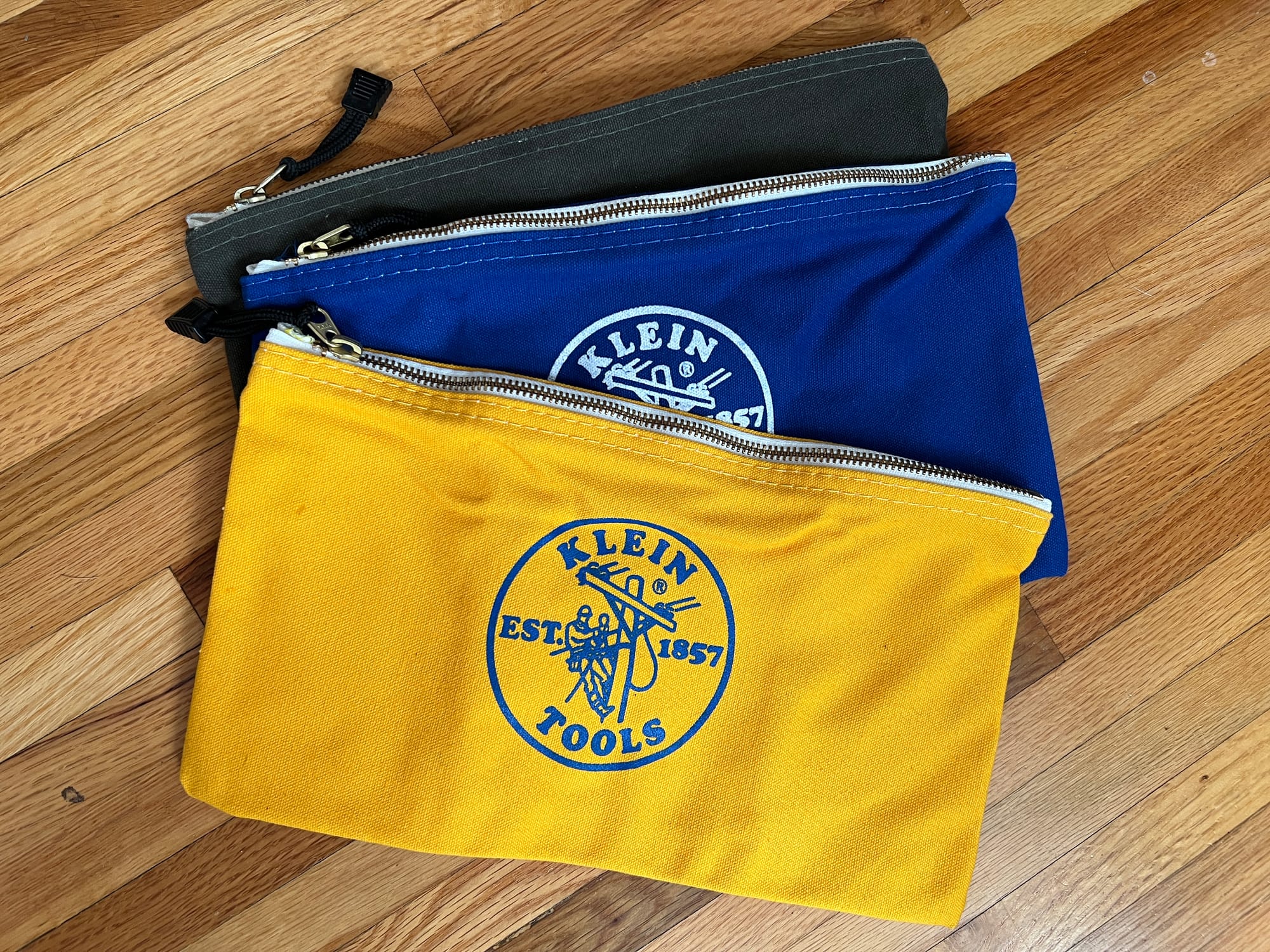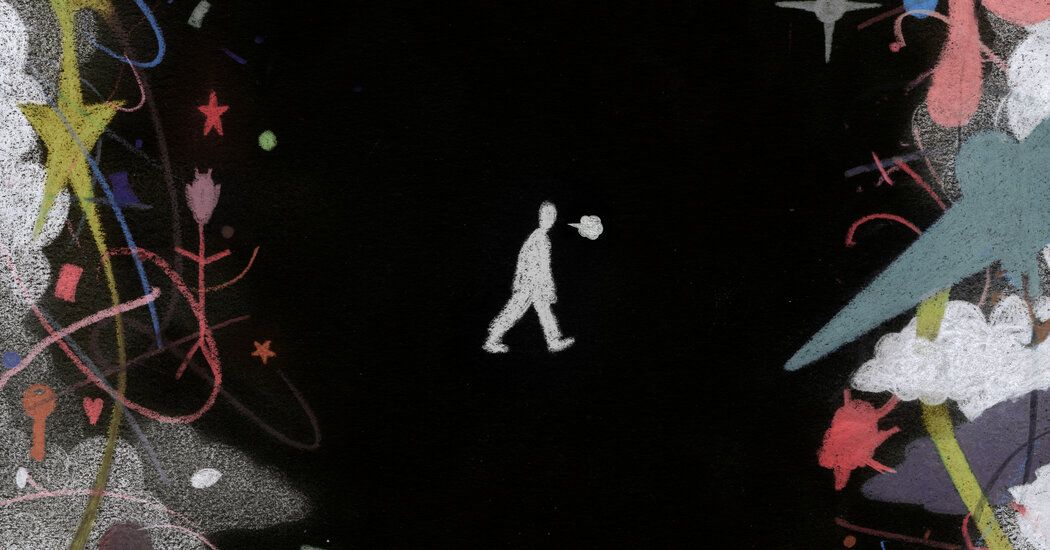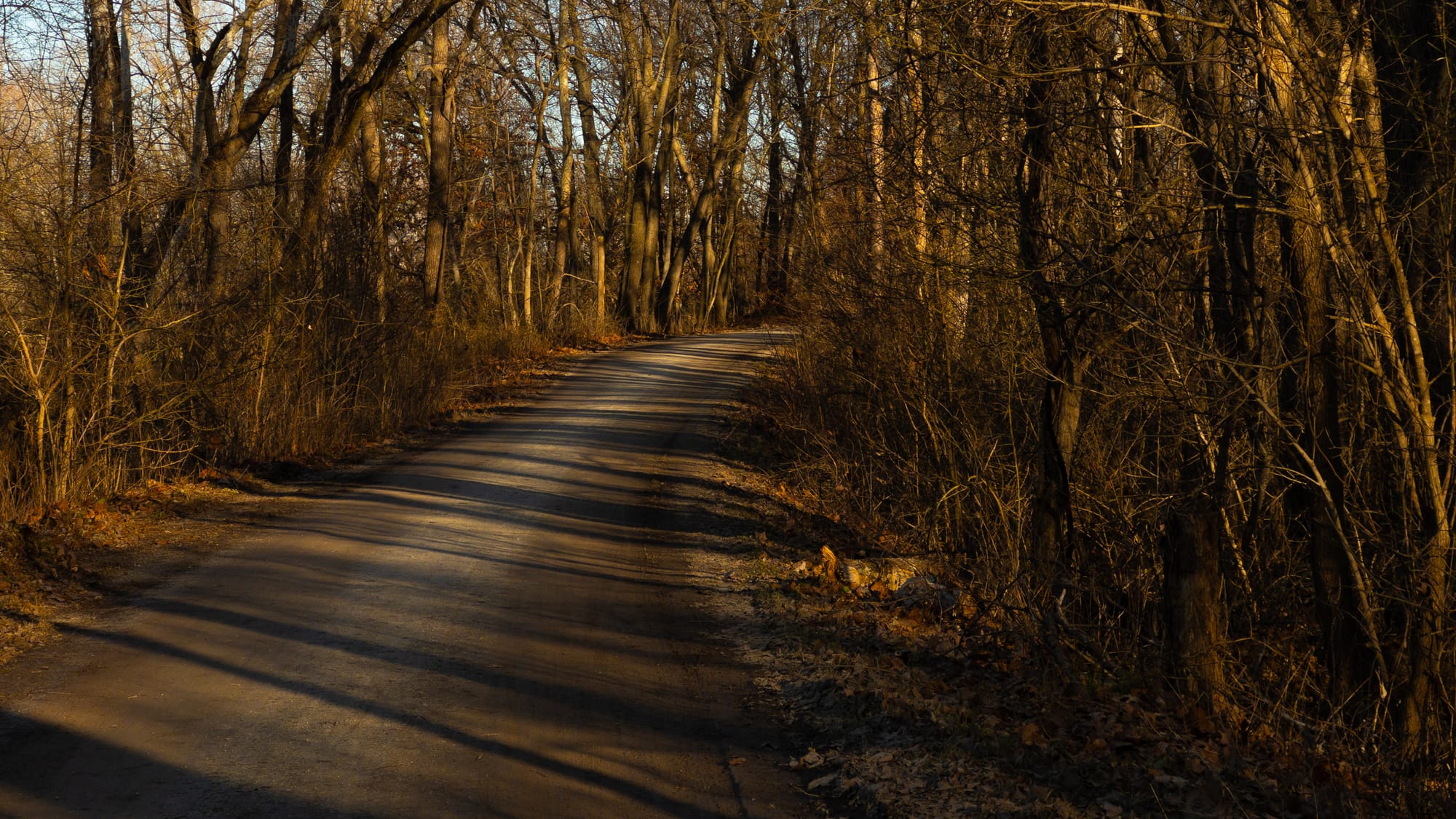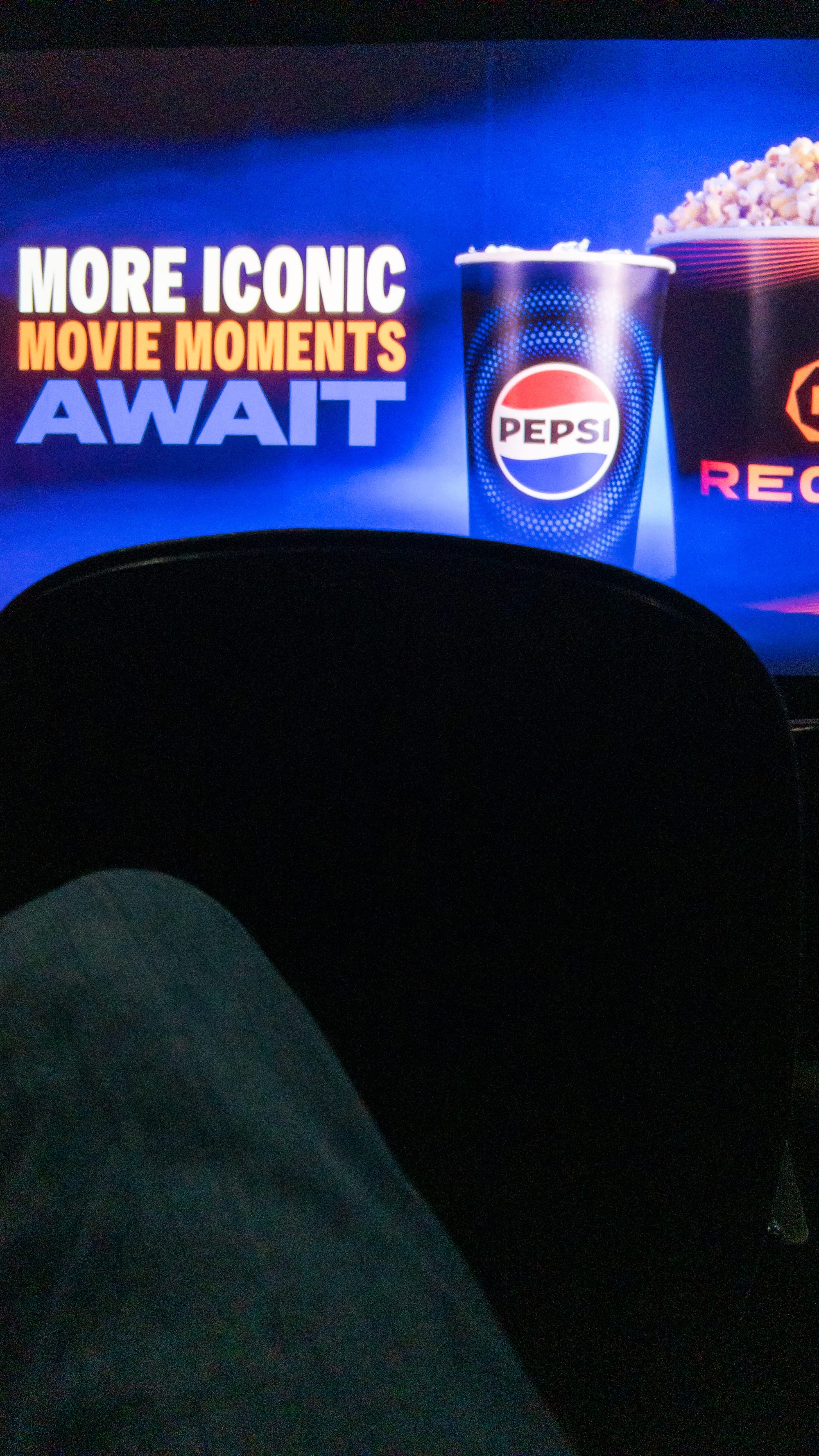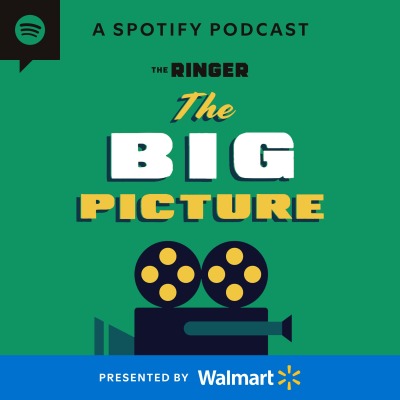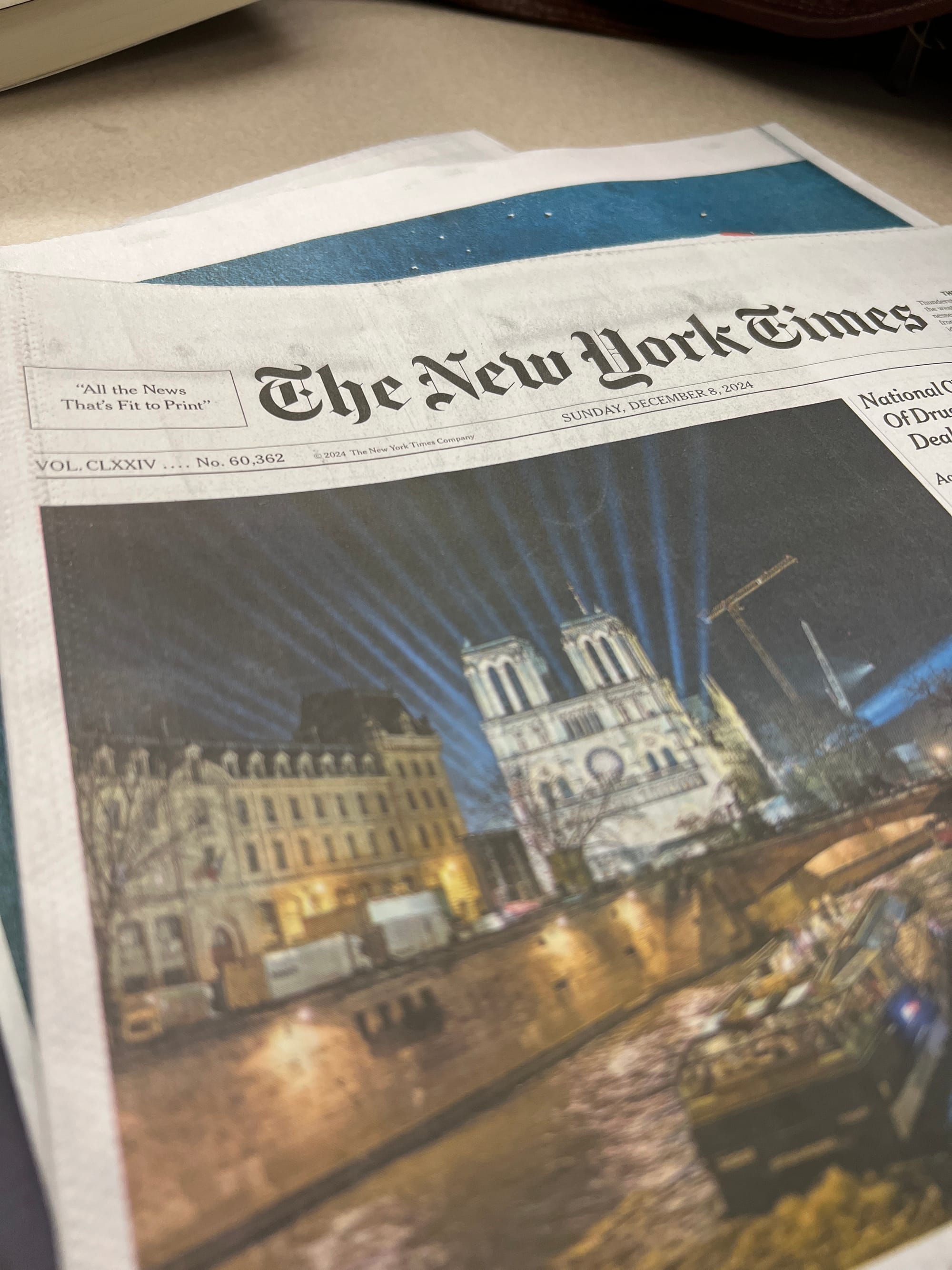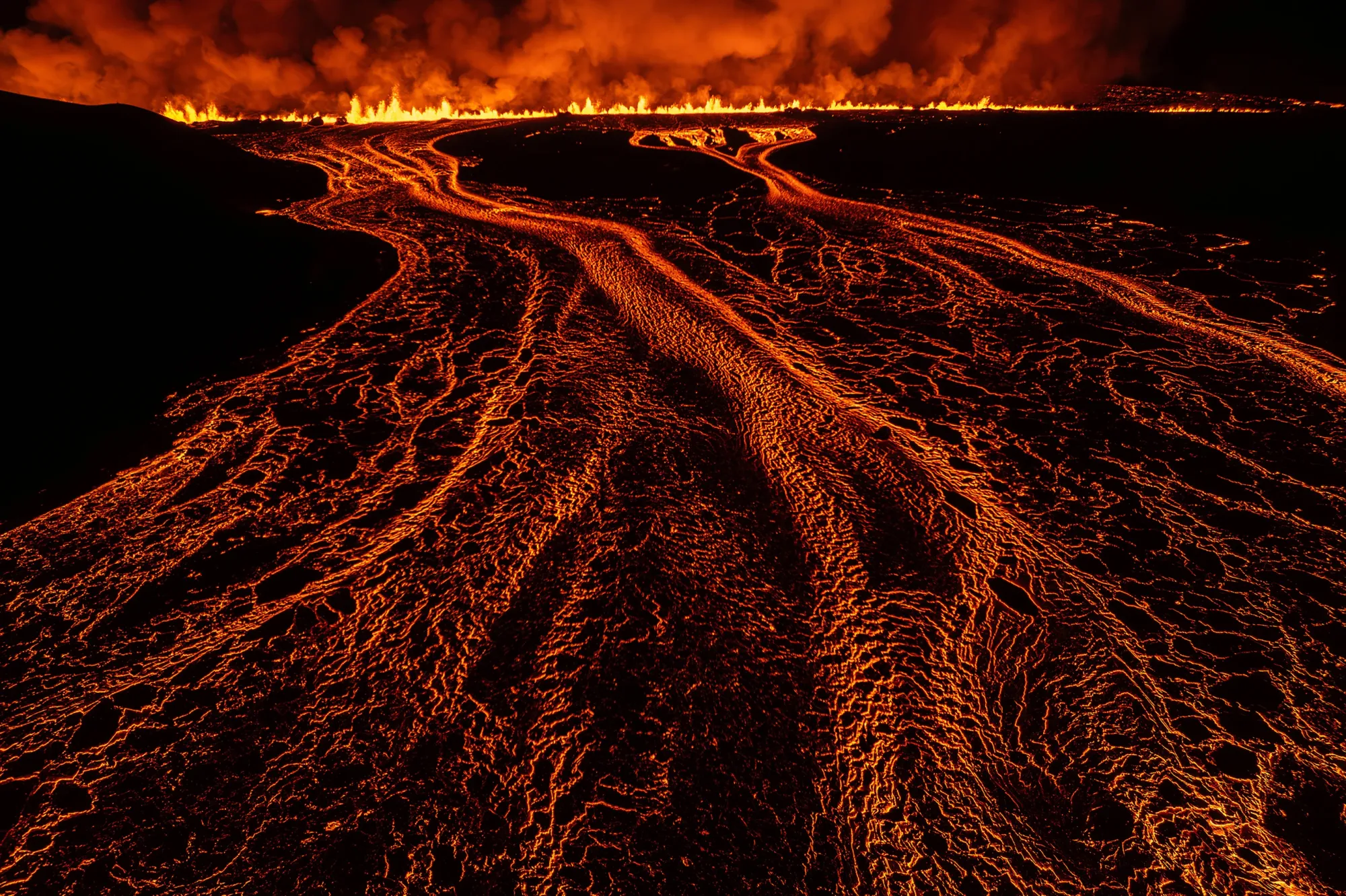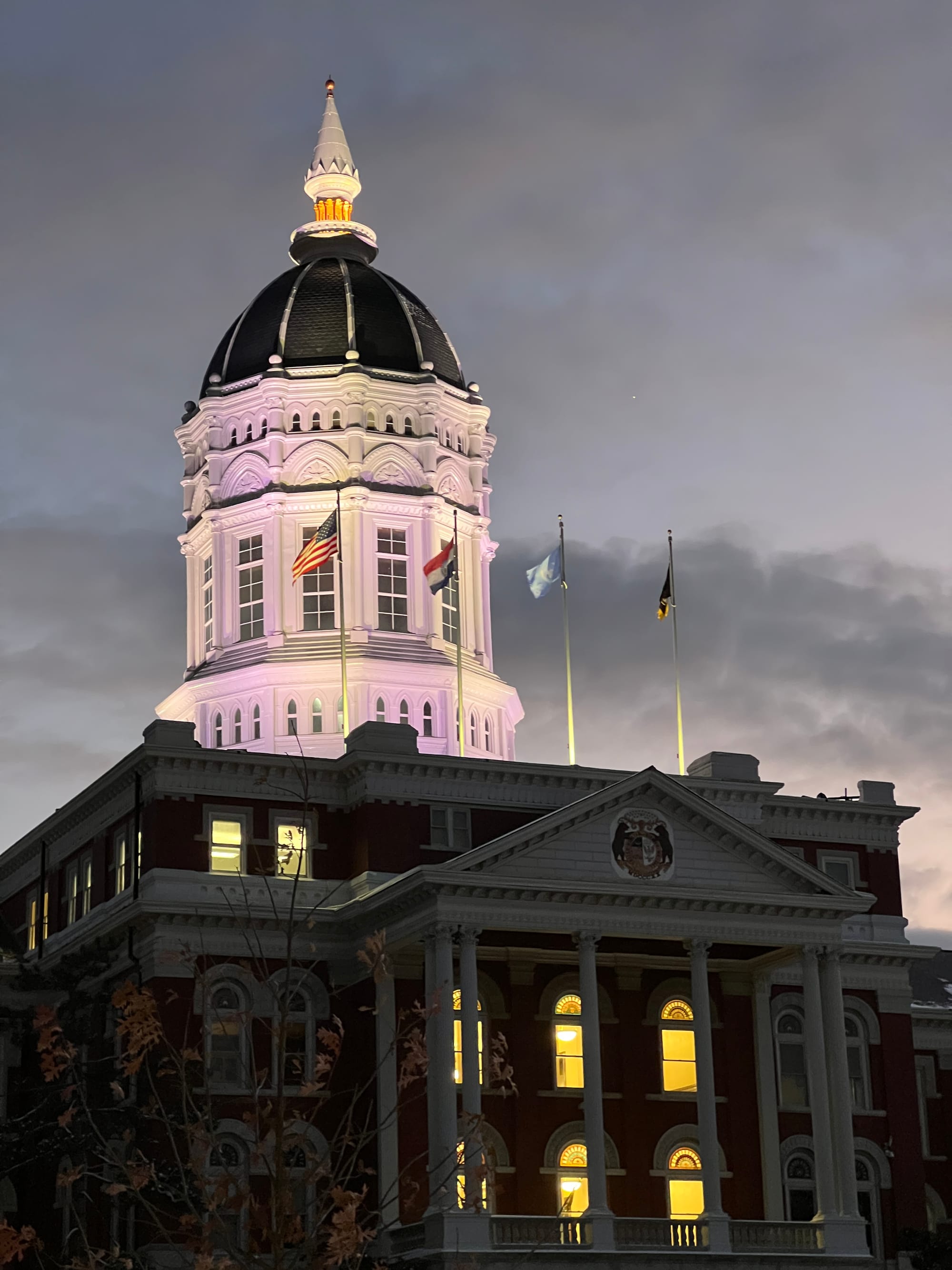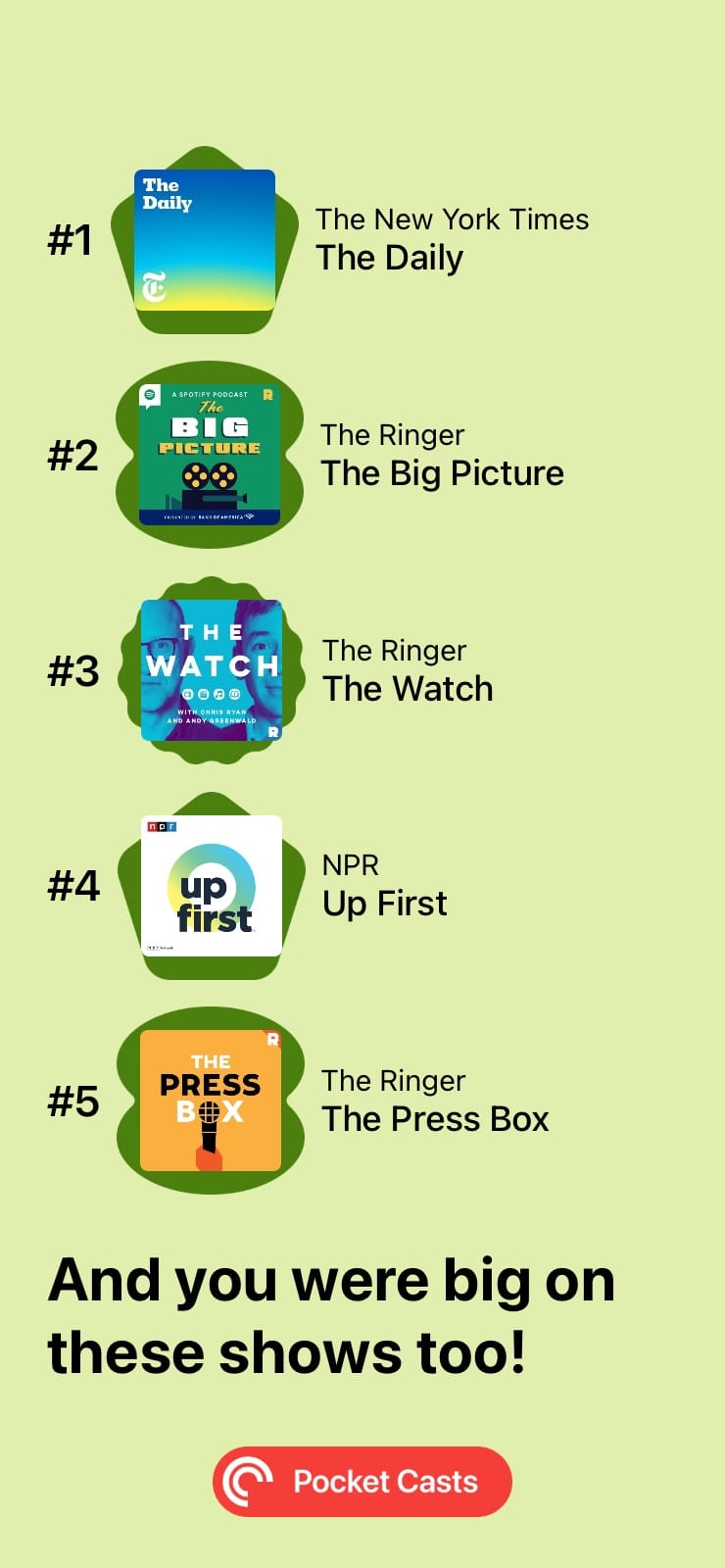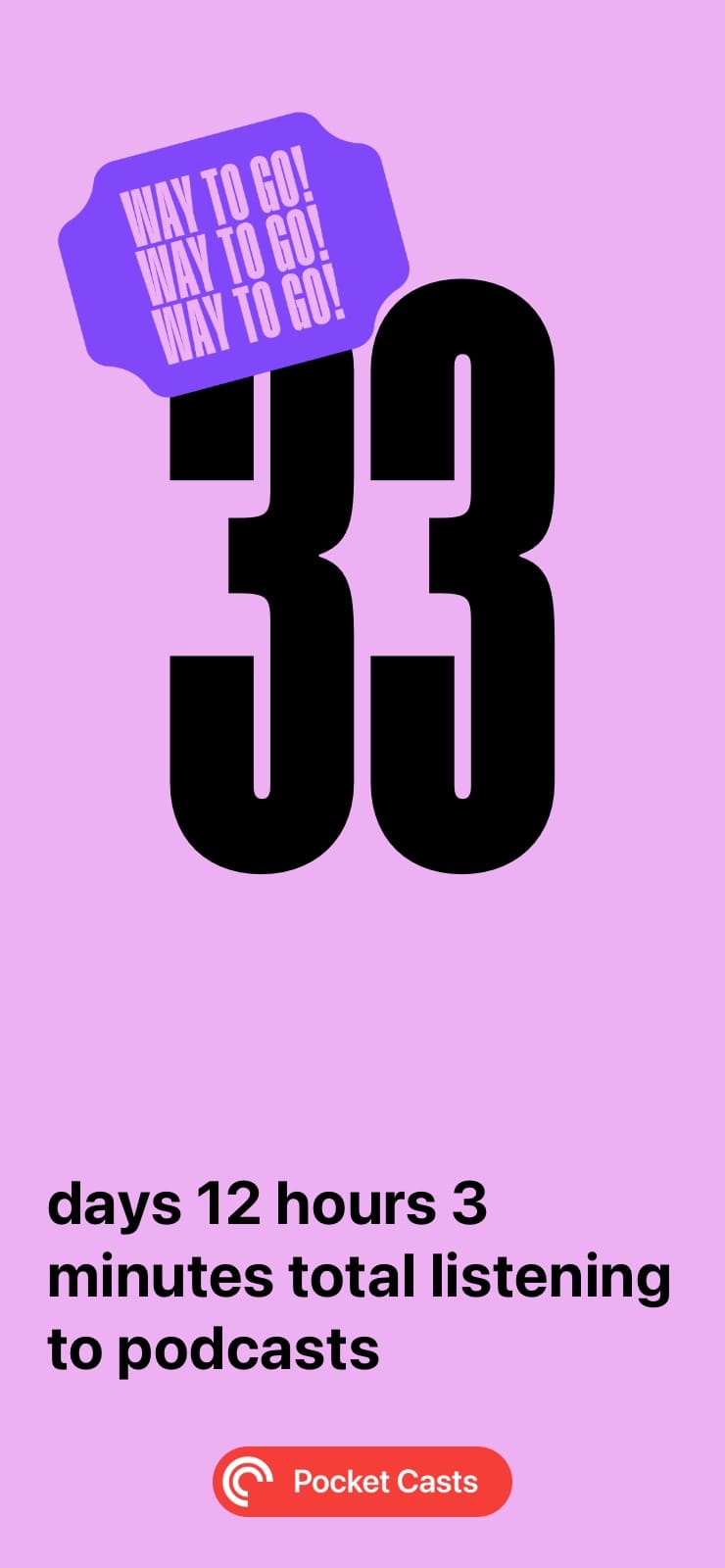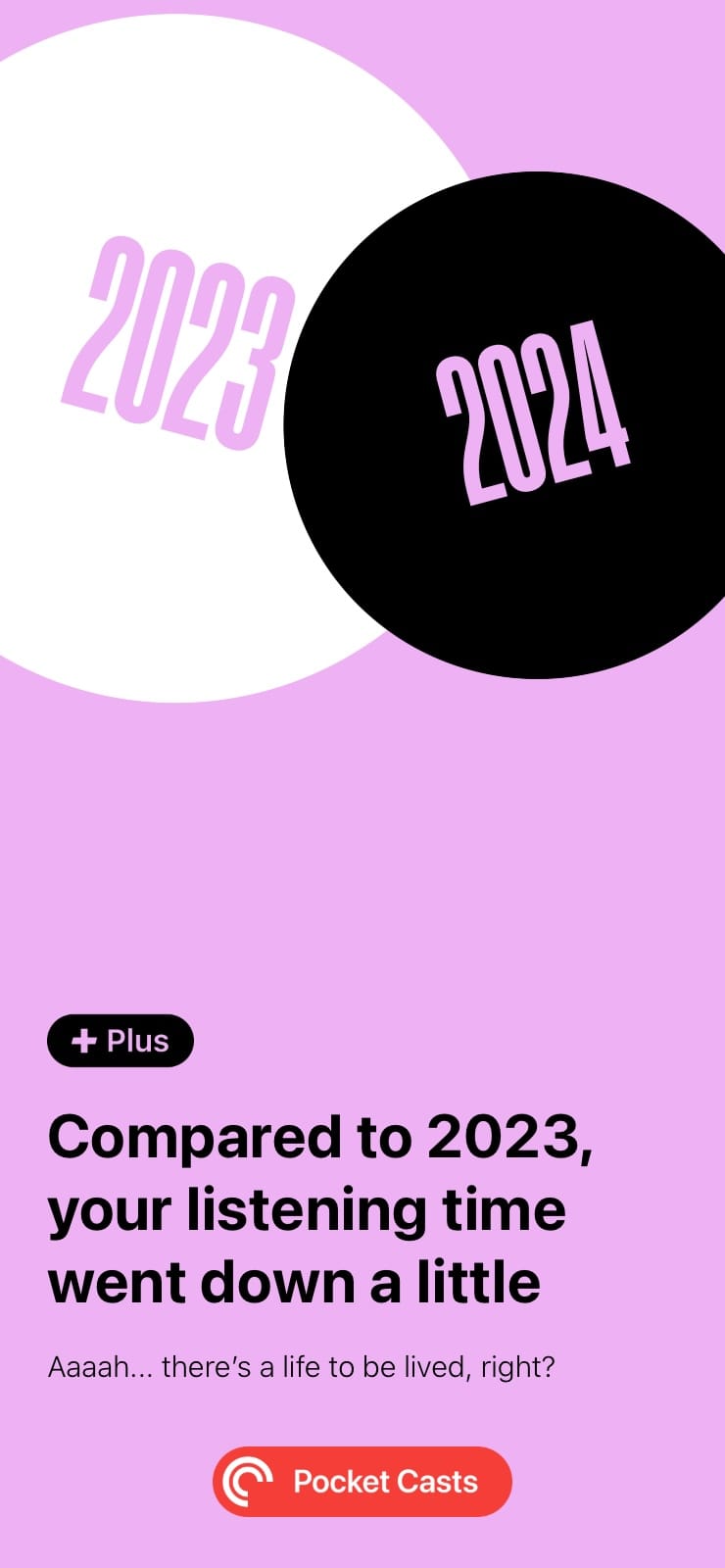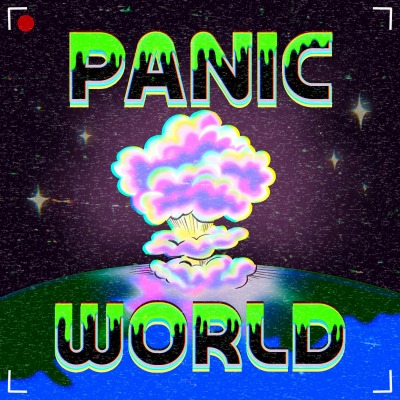Denali National Park was the highlight of the first leg of our trip. Don’t get me wrong: I loved Anchorage and found Homer ever so charming, but Denali was just hard to beat.
It was fun to drive through long stretches and be on the lookout for any and all kinds of animals. That process yielded lots to brag about: moose, porcupines, caribou, and more.
I especially loved the hiking in the park, even though I wouldn’t call it a park replete with hiking opportunities. There’s a lot of land to explore, but much of it is unblazed — merely raw wilderness one could explore if eager and sufficiently brave. The marked trails, however, are somewhat limited.
And now, a totally scientific ranking of six trails (that I just happened to have hiked):
- Savage River Alpine Trail: My all-around favorite. It had a little bit of everything to offer. It went from forest hiking to riverside hiking to generous switchbacks for the majority of the climb. Along the way, you’re treated to phenomenal views of the Alaska Range, and if you’re lucky (like we were), you can see Mount Denali during the hike.

- Mt. Healy Overlook: Not quite as long as hike as Savage River Alpine but one that requires an out-and-back approach (which makes it a longer total hike), this one feels like it’s straight up at times. Of course it’s not, and serious hikers would scoff at the notion. But it’s made up of tight switchbacks that rise at a 25% incline. A pleasantly warm (almost too hot) temperature gave way to a blisteringly cold temperature at the summit, made worse by a staggeringly powerful wind. But the views on this hike are unmatched. I would get so distracted by putting one foot in front of the other, trudging up or down the slope, that I’d forget to look up for stretches at a time. But when I did, wow. Every single time I was blown away by the panorama of the range. It would immediately reinvigorate me, without fail.
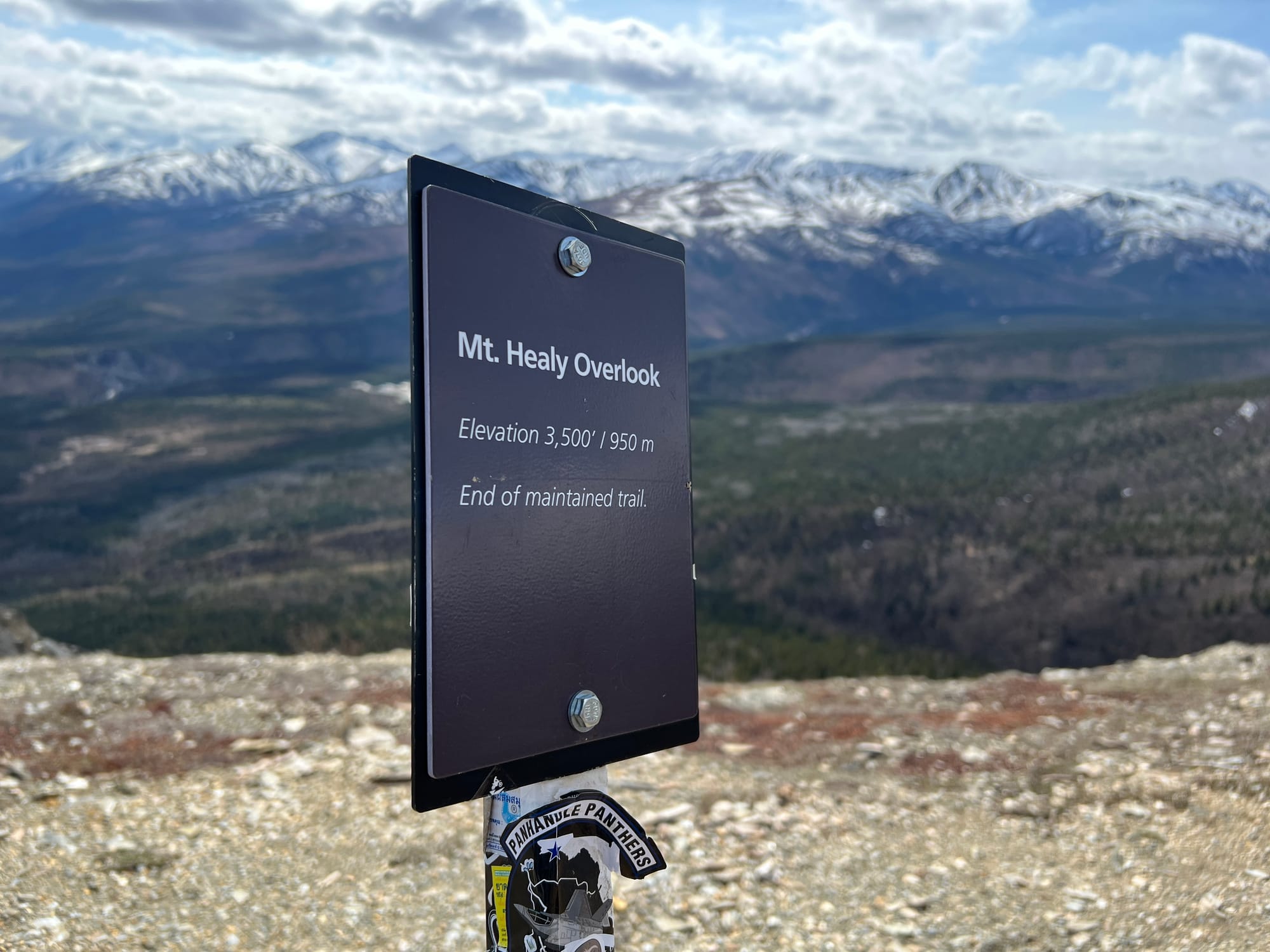
- Savage River Loop: Ranks relatively high for many of the same reasons the Alpine trail does, namely the views. It’s not an elevated hike but rather one that ambles alongside the Savage River, down in its valley. It provided great looks back up the valley and some interesting compositions for photos, with the river and its banks in the foreground and the mountains in the background. The whole thing was a tidy little loop, and it made for a nice second hike of the day.

- Horseshoe Lake: Forested through and through until it opens up at the bottom of a decent slope to reveal the lake. The stroll around the lake was peaceful and quiet. We didn’t stumble across any serious wildlife, but we did stumble across a proposal just minutes after it was made and accepted.

- Mountain Vista: Barely able to call this one a hike. It’s just a nice place for a walk really, on par with the Savage River Cabin trail. The big selling point, other than its flatness and short distance, is that, on a clear day, it provides a nice view of Mount Denali. (If you’re wondering why I make such a big deal of seeing that which seems like it should be ever-present, let me update you: Even though it’s North America’s tallest peak, Mount Denali is more than 75 miles (!) away from much of the viewing stations in the park. Coupled with a nearly constant low ceiling of clouds, conditions to see the famed peak take a bit of luck; around only 30% of visitors to the park get to see it.)

- Savage River Cabin: There’s a cute cabin. That’s about it.







